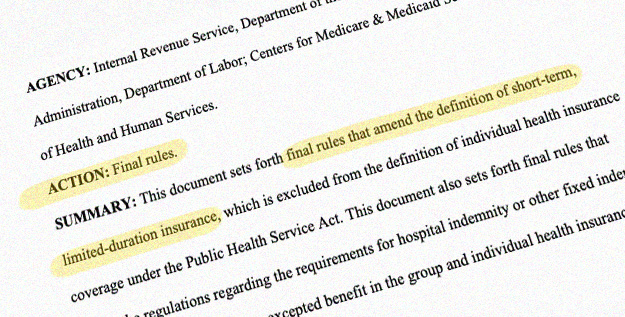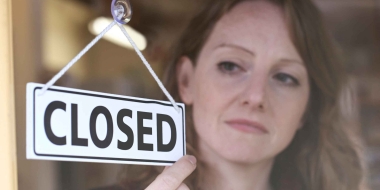Q. If I decide to gamble and go without health insurance, isn’t that my business?
A. If you wind up being the uninsured heart attack patient who arrives at the ER, the rest of us pay the bills for your care. Hospitals pass on the cost of “uncompensated care.”
And if your care needs to go beyond assessment and stabilization (which ERs have to provide regardless of your ability to pay), the hospital can refuse to treat you if you don’t have health insurance or a means of paying for your care. Regardless of the situation, the hospital can and will send you a bill, which will be sent to collections if you aren’t able to pay it.
Furthermore, if you then enroll in coverage during the next open enrollment period, you’ll begin reaping benefits from your insurance right away (paid for by healthy enrollees’ premiums) without having contributed to the insurance pool during times when you were healthy and not in need of care. Obviously, this is sometimes unavoidable (a person who is born with a pre-existing condition, for example, needs medical care from day one), but the only way the health insurance system can be sustainable is for healthy people to be in the risk pool, paying premiums to offset the cost of care for those who are sick.
In order to keep the insurance market stable and available to everyone, the Affordable Care Act included an individual mandate and an associated penalty for those who chose to go without coverage. The penalty proved to be very unpopular, however and was eliminated (under the Tax Cuts and Jobs Act) after the end of 2018. So there is no longer a federal penalty for going without health insurance, although there is a penalty for going without coverage if you’re in Rhode Island, California, New Jersey, Massachusetts, or DC.
The elimination of the federal penalty in 2019 caused premiums to be higher than they would otherwise have been. But the individual market has remained stable, thanks in large part to the premium subsidies that keep coverage affordable for millions of enrollees. And those subsidies are larger than ever in 2021, thanks to the American Rescue Plan.
Even if you’re not in a state where there’s still a penalty for being uninsured, it’s important to remember that you could inadvertently box yourself into a corner by choosing to go without coverage. You can only sign up for health insurance during the annual open enrollment period or during a special enrollment period triggered by a qualifying event. (The dates and specifics vary depending on whether the plan is offered by an employer or sold in the individual market, but those general restrictions are the same in both cases.)
So if you opt to go without health insurance and then find yourself needing expensive medical care early in the year, you’ll likely have to wait until the beginning of the following year to have coverage. This could result in delayed treatment or significant medical debt, depending on the circumstances.
Louise Norris is an individual health insurance broker who has been writing about health insurance and health reform since 2006. She has written dozens of opinions and educational pieces about the Affordable Care Act for healthinsurance.org.













